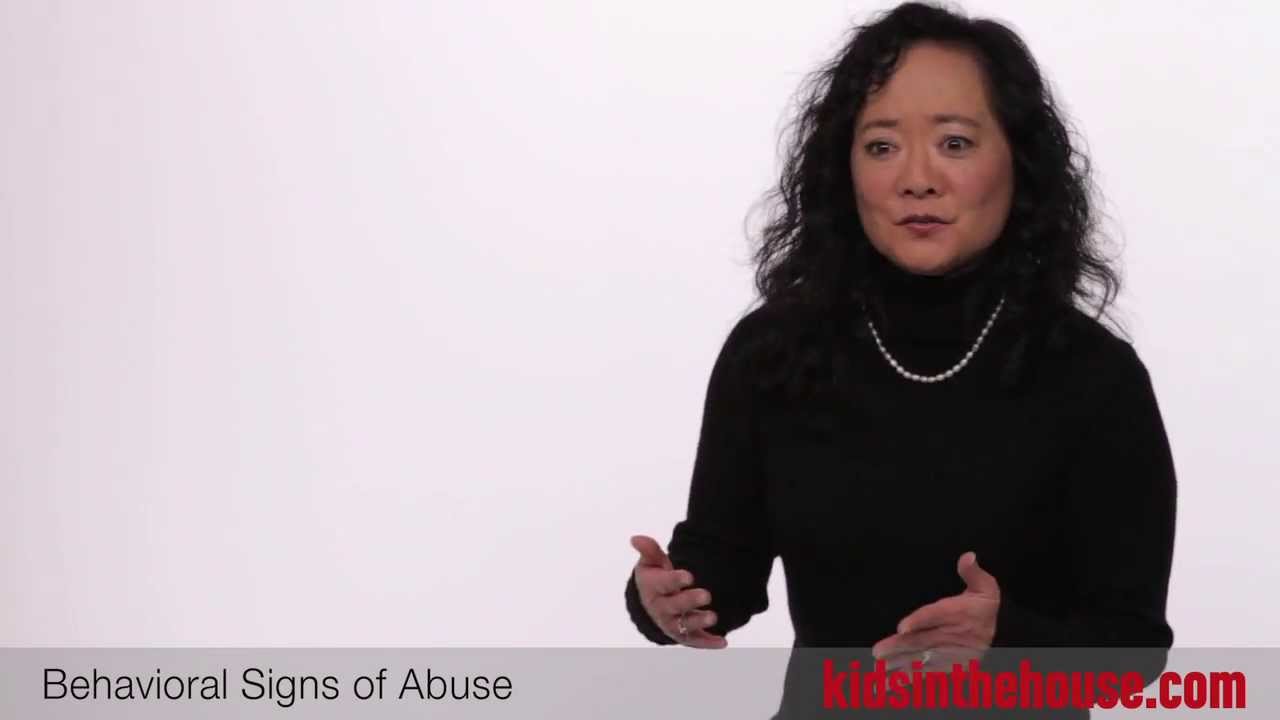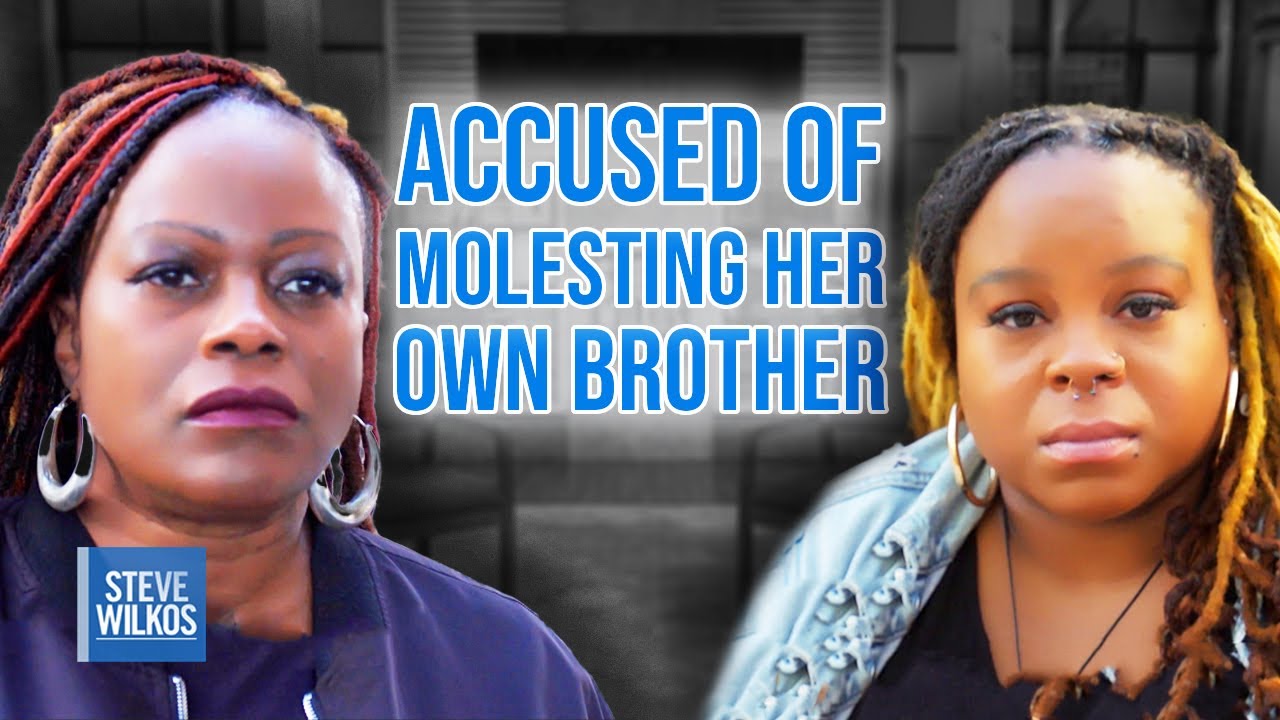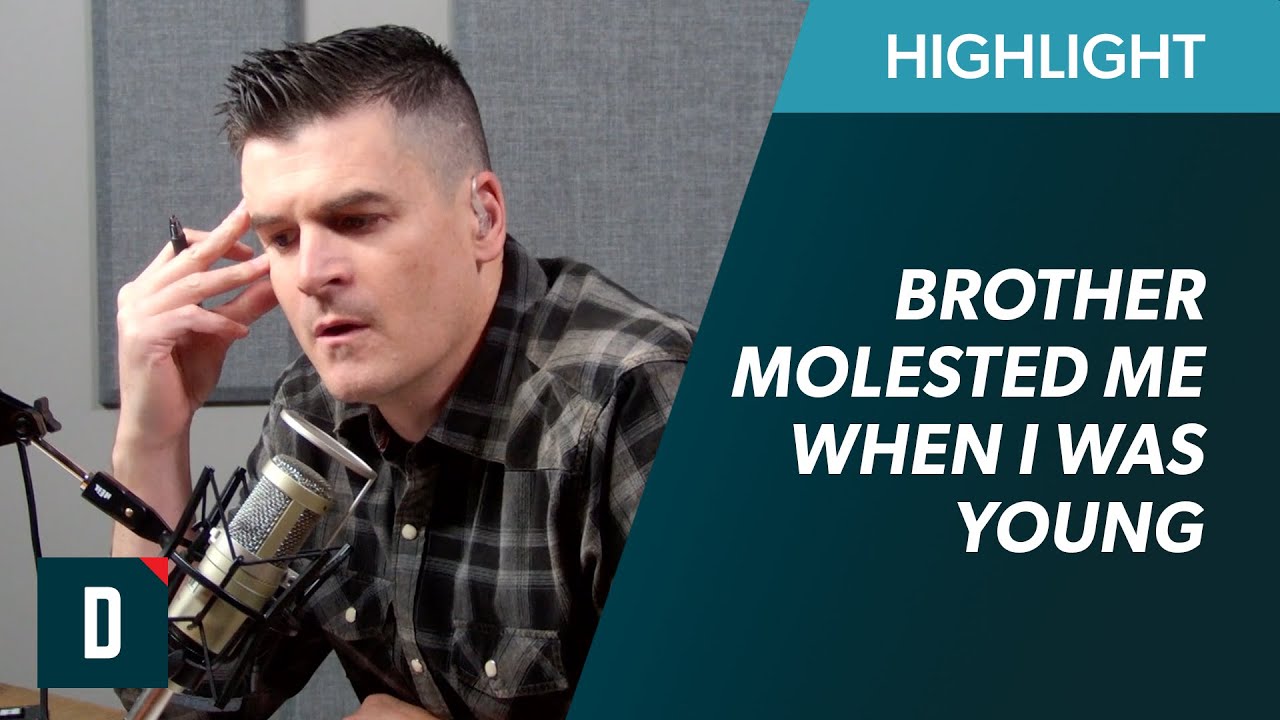
Molested Stories That Shock And Move Us Deeply
The Impact of Molested Stories in Contemporary Cinema
Over the past few years, the film industry has been shining a glaring spotlight on some of the darkest corners of human experience—molestation. This painful subject is more than just a plot point; filmmakers are tackling it head-on, giving survivors a voice and sparking vital discussions. These narratives transcend entertainment, supplying a social critique on vulnerability and resilience while revealing the often-shrouded pains that haunt not just the survivors but society as a whole.
Movies that delve into these molested experiences often come armed with gut-wrenching performances, eerie atmospheres, and chilling true stories. They engage audiences, pushing them to confront their own perceptions of trauma. Through storytelling, filmmakers capture not just the wounds inflicted but also the paths that lead to healing. These films often reflect the complexities of addressing trauma—showing viewers that the path to recovery is often winding and fraught with emotional conflict.
More importantly, these films can prompt viewers to engage in conversations that question societal norms around abuse, silence, and institutional culpability. When audiences watch these compelling stories, they’re not just entertained; they’re educated. They are invited to understand the complexities involved in discussing trauma and the nuanced realities faced by survivors, spurring further discourse that resonates well beyond the theater doors.

Top 5 Films That Highlight Molested Experiences and Their Aftermath
Jennifer Fox’s semi-autobiographical film stands as a prominent representation of the long-lasting effects of childhood trauma. Through Laura Dern’s raw performance, the film exposes the subtle manipulations that often accompany molestation, painting a haunting portrait of a survivor’s journey toward recognition and healing.
This film unearths the shocking true story of the Boston Globe investigation into widespread child molestation within the Catholic Church. Winning the Oscar for Best Picture, Spotlight showcases the courage it takes to confront societal institutions that shield abusers, igniting a necessary demand for change.
A gut-wrenching drama that doesn’t shy away from portraying systemic abuse, Precious illustrates how molestation interweaves with challenges like race and poverty. Its emotional depth resonates with those who have faced similar personal battles, urging viewers to feel the weight of the characters’ trauma and strength.
This gripping German film captures the essence of a troubled youth navigating a broken system. The child’s emotional and physical struggles remind us that institutional failures can exacerbate trauma, revealing the desperate need for genuine support and empathy for vulnerable individuals.
While revolving around the beauty and struggles of young female friendships, Girlhood subtly critiques the threats of sexual violence faced by young women. With an emphasis on the precarity of safety in urban environments, it calls attention to how childhood innocence is often shadowed by fear and societal failings.
The Role of Hipsters and the Artistic Narrative in Addressing Molestation
A fresh wave of hipster filmmakers has emerged, using innovative storytelling techniques to tackle sensitive topics like molestation. These creators often embrace unconventional methods—breaking from traditional narratives to provide gut-punching insights into trauma. Their fearless approach challenges viewers to rethink their perspectives while addressing uncomfortable subjects.
Take, for instance, Megan Leavey, which portrays the healing bond between a soldier and her service dog. This film intertwines themes of trauma and redemption, showing how unconventional relationships—like those with animals—can lead to profound personal healing. Such narratives forge connections and foster understanding around issues typically kept under wraps.
The contributions of hipster artists in this space are invaluable; they craft films that spark dialogue concerning sensitive topics often brushed aside by mainstream cinema. Their work speaks to a generation interested in authenticity and social relevance, opening doors for discussions that extend far beyond the film’s credits.

Making Out: How the Portrayal of Intimacy Reflects Survivor Experiences
The delicate subject of intimacy in films that explore molestation can be particularly poignant. These narratives often delve into the struggles survivors face when attempting to form romantic connections. Movies like Call Me by Your Name showcase how profoundly personal histories can color intimacy, emphasizing the layers of vulnerability tied to making out and relationships post-trauma.
Such films challenge the audience to empathize with characters whose past traumas seep into their present relationships. The longing for closeness can often clash with the fear of betrayal, mirroring the emotional complexities survivors endure. Viewers are left to contemplate how deeply rooted fears can manifest in love and intimacy.
This portrayal of intimacy is vital because it humanizes the struggles faced by survivors. It invites understanding and compassion—a message that transcends the screen, pushing audiences to acknowledge uncomfortable truths about how trauma reverberates through relationships.
Crafting a Dialogue Around Trauma and Healing
Exploring narratives surrounding molested experiences forms a crucial dialogue that connects individual pain to collective awareness. These films aren’t just entertainment; they’re catalysts for empathy, reflection, and, ultimately, healing. By presenting these stories, filmmakers honor the voices of survivors while sparking essential conversations within our communities.
Ultimately, the challenge remains for the industry to keep these crucial dialogues alive. By continuing to support multifaceted stories on such taboo subjects, filmmakers can cultivate a culture of understanding, acceptance, and support. The evolution towards recognizing and addressing trauma doesn’t simply reside within the confines of film; it seeks to enrich our societal fabric, nurturing a sense of shared humanity.
By championing these narratives, we create space for those to heal, allowing urgent conversations to seep into our day-to-day lives. Addressing molestation through diverse storytelling not only enhances our understanding of these complex subjects but also drives connection and support—illustrating that together, we can evolve and heal.
Molested: Unpacking the Stories That Shock and Move Us Deeply
Surprising Connections to Popular Culture
It’s fascinating how stories of trauma, like those involving being molested, can resonate through various forms of entertainment. For instance, Taylor Swift’s track “Lavender Haze,” while primarily about love, subtly highlights the ongoing struggles people face when they’re judged or misunderstood. This artistic approach often serves as a mirror reflecting societal issues, echoing the serious themes many films tackle today. Furthermore, elements of storytelling, like those found in gripping series such as The Act, where the cast portrays real-life events linked to abuse, can provide audiences with a deeper understanding of these sensitive situations.
The Healing Power of Awareness
Sometimes, art pushes us to tackle uncomfortable topics directly. Take the documentary Am I Racist? on Rotten Tomatoes, which invites viewers to confront their biases, mirroring the uncomfortable process of addressing personal trauma. It’s not unlike how culinary experiences can evoke emotions, like a visit to the Pure Thai Cookhouse, where food can act as a comforting reminder of home. Similarly, exploring the darker aspects of human experience is essential; shedding light on these subjects equips people with knowledge and empathy, crucial for fostering healing and connection in the aftermath of being molested.
Real-Life Impact and Conversations
The conversation around topics like molestation intertwines with various aspects of culture. In the animation world, characters like Kisuke Urahara often reflect the complexities of human emotions, occasionally touching on themes of trauma and resilience. It’s quite eye-opening when you consider how sports can impact our understanding too; during the Warriors vs. Raptors games, narratives of personal struggles often emerge, showing how athletes deal with pressures and challenges that can stem from their pasts. These connections remind us that storytelling, regardless of its form, plays a vital role in inspiring change and awareness regarding such heartbreaking issues.
Whichever way we look at it, from the rawness of Pornoo to deep dives into topics like sexuality and abuse, the connections we draw help build a tapestry that sparks important conversations. Even lighter moments, tackling queries like Can You poop With a tampon in? show the broad spectrum of human experience, reminding us that behind every inquiry or experience, there’s a story that may touch upon broader societal issues, including those of being molested. Through understanding and sharing, we can all contribute meaningfully to the discourse.













